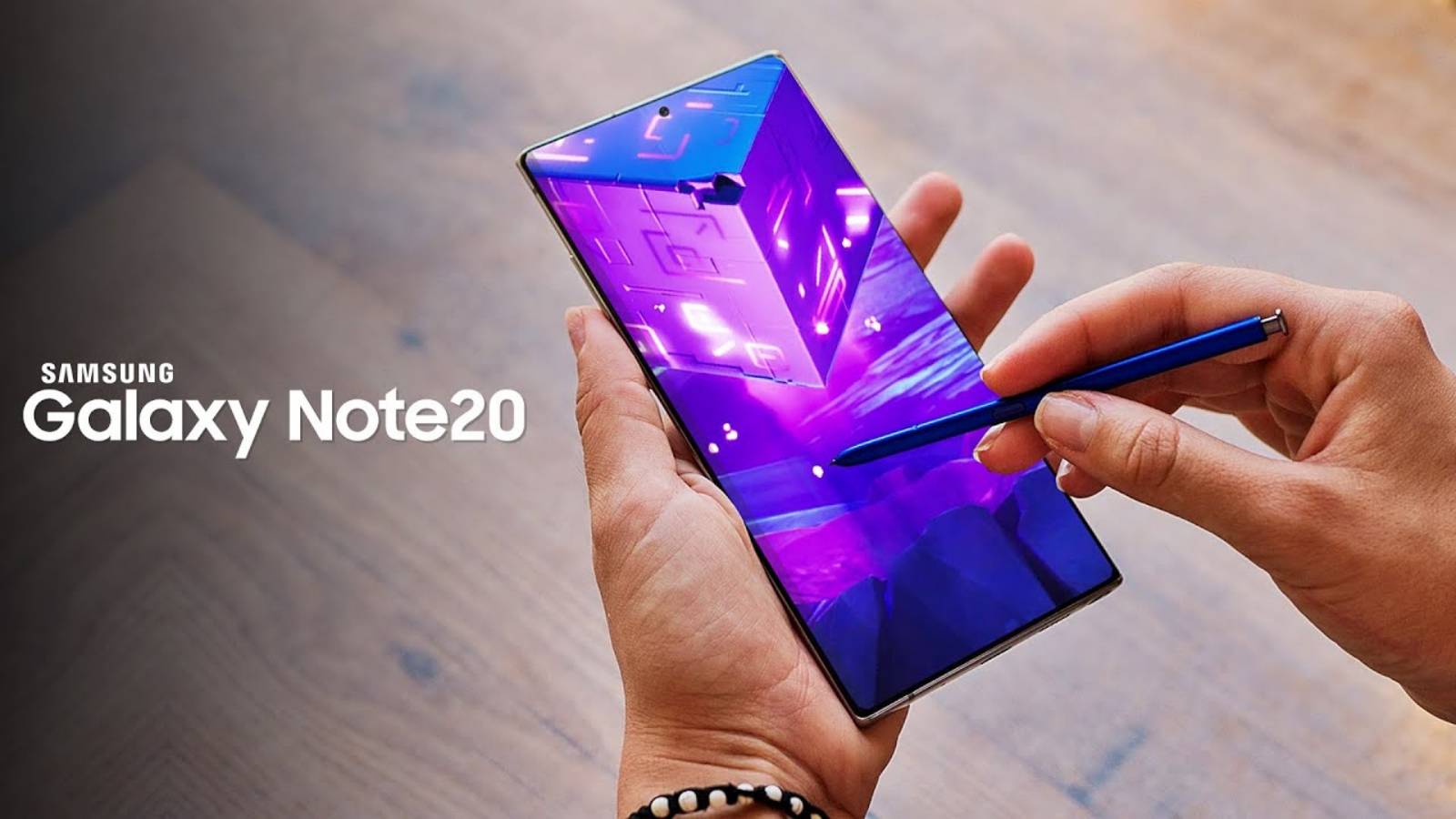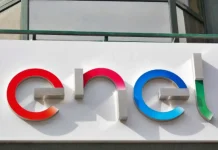The Samsung GALAXY Note 20 is to be launched with a special technology that Samsung is preparing for integration including in other future phone models in the series. More precisely, we are talking about the LTPO technology for the screens of the phones in the Samsung GALAXY Note 20 series, it was revealed in a leak that appeared on the Internet yesterday, with the aim of reducing energy consumption without affecting the experience they actually have the users.
LTPO technology has been used in the Apple Watch for some time, and it has proven its effectiveness over time, so now it's time for it to reach Samsung phones, which still come with a separate bonus. Samsung GALAXY Note 20 will have a screen with a refresh rate of 120 Hz, the LTPO technology being combined with one that allows its dynamic modification during use so that the energy consumed is reduced in the moments when this can be done.
The Samsung GALAXY Note 20 will have an LTPO screen
The Samsung GALAXY Note 20 will therefore have a serious upgrade compared to last year's models, but also to the phones in the GALAXY S20 series, which is good news. For those, LTPO technology is not used, so Samsung tries to offer its customers only the best in terms of technology for the next series of mobile phones, and this could even put it above the competition.
Note 20 Display Leak:
Note 20 will grow from 6.3" on the 10 to 6.42" on the Note 20. Resolution will increase slightly to 2345 x 1084, 404 PPI, 19.5:9 aspect ratio. 120Hz with LTPO, variable refresh, so lower power with 120Hz, great for always on mode. #GalaxyNote20- Ross Young (@DSCCRoss) May 11, 2020
Of course, it would also be necessary for this refresh rate to work at the phone's maximum resolution, which is possible, since it will be 2345 x 1084, that is, slightly higher than Full HD. In the GALAXY S20 series, the 120 Hz refresh rate is limited to Full HD resolution, but in the Samsung GALAXY Note 20 it should be offered at the maximum resolution, and with a variable refresh rate, its use should have little impact on the battery.
The Samsung GALAXY Note 20 will be released in the summer, or in the fall, maybe in August, maybe in September, depending on the release date for version 11 of the Android operating system.

















